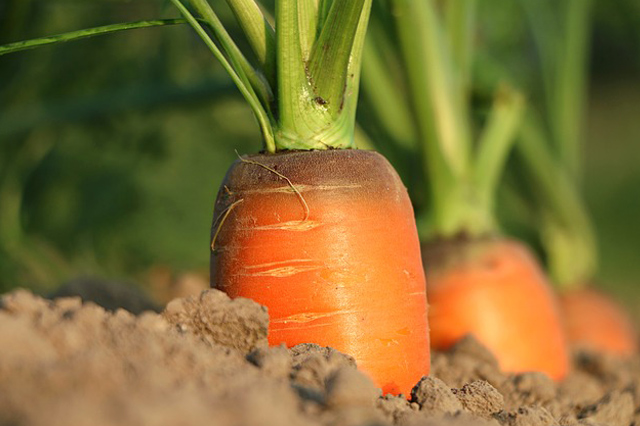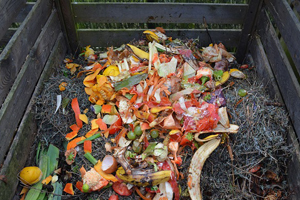Almost every gardener is interested in sustainability, especially given the sustainability that comes with growing all your food yourself. Some pose the question, why organic gardening? Growing food organically without chemicals has proven to be more sustainable than going the non-organic route.

Sustainable gardening is about more than just growing organic food though. There are an endless number of ways to practice sustainable gardening, from conserving water and energy to sourcing seeds smartly.
Sustainable gardening also reduces your impact on the planet, boosts carbon storage, reduces greenhouse gas emissions, and contributes to the biodiversity of plants and animals.
On gardeninginfo-online.com we have compiled some simple tips for eco-friendly sustainable gardening.
The Importance of Composting and the Impact it Has
Composting remains the most impactful sustainable gardening practice there is. Composting recycles materials and enriches them. It boosts the overall health of soil and has health benefits for the whole family.

Composting waste from the garden reduces the waste in landfills and provides your soil with organic matter. Composting is simpler than it sounds too; it can just be something like raking leaves over the garden when preparing it for winter. It doesn’t matter if you’re growing flowers, shrubs, fruits, or vegetables; composting reduces waste and breathes new life into your garden.
Some composting techniques improve the friability of soil and conserve water. Planting cover crops such as oats, rye, and hairy vetch that will compost directly into the soil adds nutrients and nitrogen to soil that prevents erosion during the runoff of spring and fall.
For more tips on making your compost, go to gardeninginfo-online.com/secrets-to-making-the-best-compost/
Test Soil Before Planting
It’s easy to test your soil using a cheap test kit. Get one online or at your local nursery. That way you can test the acidic or alkaline content of soil and add the fertilizer and compost needed to give soil the proper balance.
Make sure that any manure you use is 100% organic. Crops can be damaged by non-organic manure because it has trace amounts of the hormones and antibiotics the animals were given.
Companion Planting and Mulching Works Great
After choosing the fruits and vegetables you’re going to plant, do a little research and work out which plants work best when put together. Keep as much moisture as possible in your garden by covering the soil around plants with organic mulch or compost such as pea straw, manure, pine bark, sugar cane, and seaweed. Any inorganic mulches, like pebbles and sand, should be using sparingly in the sustainable garden.
Conserve Water
Never underestimate the preciousness of water. It must be protected and preserved and kept at a high quality. Sustainable gardeners use rain barrels and other collection systems to get water without having to use private or municipal sources of water.
Protect the quality of the water by avoiding herbicides and pesticides that can contaminate it as it spreads through the soil and returns to the water supply. Water is wasted if it drains away or enters a storm sewer, so use permeable soil to manage runoff.
Ground covers and mulch allow soil to keep hold of water, and you could design a “rain garden” using terraces, raised beds, and holding pools to collect rainwater. This allows the water to soak back into soil slowly.
Here’s how to create a rainwater collection system for your garden:
Growing Sustainable Gardens in Small Spaces
It can be tough to grow and maintain a sustainable garden in an urban environment. If you want to garden and have a small garden or are restricted to just a balcony, then you can get started with the above tips for eco-friendly gardening.
With some grit and determination your garden comes back stronger each year and you get plenty of experience. Plant your garden well, grow strong, make sure you eat well, and continue to recycle.
For more tips for the organic vegetable gardener an sustainable gardening, check out https://www.planetnatural.com/sustainable-gardening/
The post Tips for Eco-Friendly Sustainable Gardening appeared first on http://gardeninginfo-online.com.
No comments:
Post a Comment